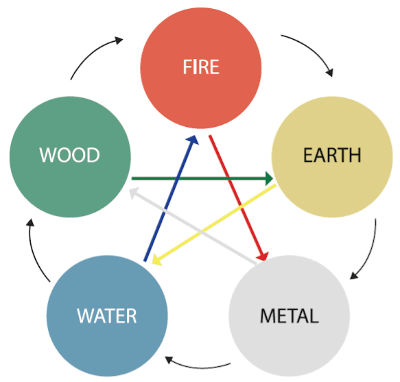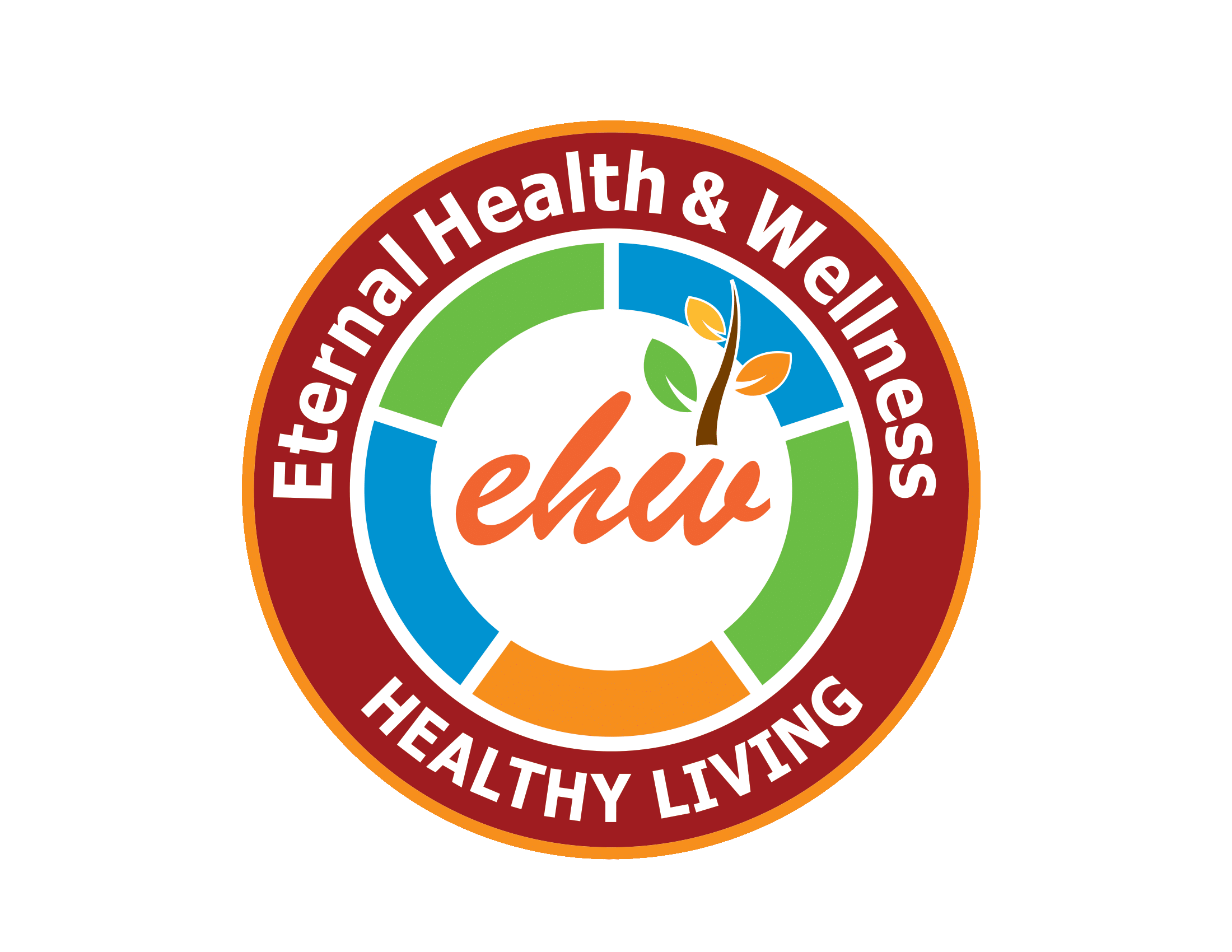Traditional Chinese Medicine (TCM) has been around for over five thousand years and is based on a holistic approach to health and wellness. One aspect of TCM that has gained attention in recent years is Chinese nutrition, which emphasizes the energetic properties of foods and their impact on the body’s energy flow. In this article, we will explore two key principles of Chinese nutrition – Yin-Yang balance and the Five Element Theory – and provide practical tips on how to incorporate these principles into your daily life for optimal health.
What is Chinese Nutrition?
Chinese nutrition is the concept of achieving balance and harmony within the body by consuming various foods and beverages. Chinese nutrition emphasizes the idea of “food as medicine,” where different types of food are believed to have specific energetic properties that can impact health and well-being.
The Five Element Theory and Its Role in Chinese Nutrition
The Five Element Theory is a fundamental aspect of Traditional Chinese Medicine (TCM) and has been used in diagnosis and treatment for over five thousand years. This ancient system divides everything in nature into five main elements:

Each element is associated with specific organs, colors, tastes, and other characteristics crucial in traditional Chinese medical nutrition.
In TCM, in the Five Element Theory, each element corresponds to a specific taste or flavor with unique energetic properties and effects on our bodies. Various flavors balance the body’s energy, maintain optimal health, and prevent disease by incorporating them into the diet.
The Fire element, associated with bitter foods, is known for its stimulating and cleansing properties. These foods, such as corn, red lentils, and beets, are typically cooling (yin) and promote energy contraction and reduction.
The Metal element, linked to pungent foods, encourages energy movement and expansion. Foods such as rice, dried beans, and almonds warm (yang) and revitalize the body.
The Wood element, related to sour foods, promotes energy gathering and contraction. Cooling (yin) foods such as wheat, rye, and green lentils help maintain balance and harmony in the body.
The Earth element, representing sweet foods, encourages energy expansion and strengthening. Foods such as barley, garbanzo beans, and carrots are nutritious and support overall vitality.
The Water element is associated with salty foods that encourage energy movement downward and inward. Cooling (yin) foods such as buckwheat, black beans, and kale help maintain fluid balance and support the body’s natural processes.
Understanding the Five Element Theory helps patients maintain a balanced diet and support overall well-being. Consuming foods aligned with the elements and making gradual changes to their diet according to their symptoms or condition can lead to effective healing outcomes.
Yin-Yang Balance in Chinese Nutrition
The concept of yin and Yang is fundamental in Traditional Chinese Medicine (TCM), particularly in TCM nutrition. Yin and Yang are complementary yet opposing energies that exist in everything. TCM classifies foods according to their energetic properties as yin or yang. Yin foods are cool and moist, while yang foods are warm and dry. The ideal balance is three parts yang food to two parts yin food at each meal. Consuming too many yin or yang foods can throw the body out of balance and lead to health problems.
Yin foods are typically lower in calories and higher in potassium, both associated with coolness and moisture. Examples include crab, duck, soy sprouts, tofu, watercress, carrots, and watermelon. Yang foods, associated with heat and dryness, tend to be higher in sodium and calories. Examples include cinnamon, nutmeg, ginger, chicken, beef, and sesame oil.
A combination of Yang and Yin energies protects and nourishes our bodies. To achieve a yin-yang balance in your diet:
- Adjust your food choices depending on your constitution and current situation.
- Adapt seasonal differences by eating more yin foods in hot weather and more yang foods in cold weather.
- Pay attention to the yin-yang properties of your food when preparing it.
Traditional Chinese Nutrition For Optimal Health
Incorporating Traditional Chinese Nutrition principles into daily life can significantly impact overall health and well-being. By achieving Yin-Yang balance and incorporating the Five Element Theory, individuals can maintain a balanced diet that supports their body’s energy flow.
One key aspect of traditional Chinese nutrition is emphasizing whole, unprocessed foods. By consuming a wide range of grains, legumes, vegetables, and fruits, you can ensure that your body receives the essential nutrients for optimal health. Additionally, incorporating protein sources such as fish, poultry, and lean meats can help maintain a balanced diet.
Mindful eating is another key component of Chinese nutrition. This includes eating regular meals, avoiding distractions during mealtime, and savoring each bite. Traditional Chinese nutrition also encourages the consumption of warm, cooked foods, as they are believed to be more easily digestible and nourishing for the body. This includes soups, stews, and stir-fries, which can be tailored to suit the season and your individual needs.
Adopting these traditional Chinese nutrition principles allows you to create a balanced and harmonious diet that supports your body’s natural energy flow and promotes overall health and well-being. This holistic approach to nutrition ensures that your body receives the essential nutrients needed to thrive while fostering a deeper connection to the natural world and its cycles.
Practical Tips For Incorporating Chinese Nutrition Principles into Daily Life
Achieving Yin-Yang balance and incorporating the Five Element Theory into your daily diet can improve your health and well-being. Here are some practical tips to seamlessly integrate Chinese nutrition principles into your daily life:
- Stick to a balanced and harmonious diet that supports your body’s energy flow and overall health with various flavors and foods from each of the five elements.
- Eat seasonally; each season corresponds to an element, and eating seasonal fruits and vegetables provide essential nutrients while promoting balance in the body.
- Incorporate herbs such as ginger or turmeric into your meals to provide additional health benefits while balancing your body’s energy.
- Eat foods appropriate for the current season to maintain body balance and support natural energy cycles.
- Practice portion control and avoid overconsumption, as overindulging in any one food group can lead to imbalances in your body.
- Slow down when eating, chew food thoroughly, and avoid late-night snacking.
- Choose natural, unprocessed foods as much as possible to give your body the essential energy it needs.
- Include relaxation techniques such as meditation or yoga into your daily routines, thus promoting an overall balance in the body’s energy flow.
This holistic approach to nutrition supports overall health and well-being, ensuring that your body receives the nutrients and energy it needs to thrive.
The Eternal Health & Wellness Acupuncture Centers provide advice on Chinese nutrition and Traditional Oriental Medicine. By incorporating the principles of Yin-Yang balance and the Five Element Theory into your diet, you can support your body’s natural energy flow and promote overall health and well-being. The Eternal Health & Wellness practitioners will work with you to create a personalized treatment plan that includes dietary recommendations tailored to your individual needs. Book an appointment today and discover how Chinese nutrition can improve your health and vitality.







